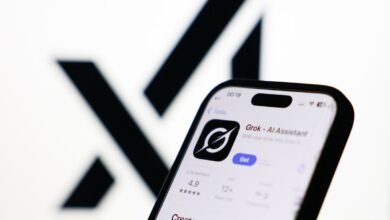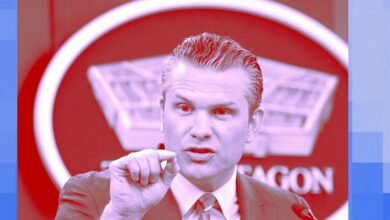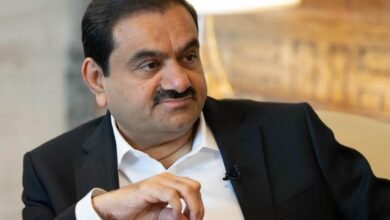OpenAI Secures Major For-Profit Funding Round

▼ Summary
– OpenAI has restructured into a for-profit corporation (OpenAI Group) nested within a non-profit foundation (OpenAI Foundation) after completing its recapitalization.
– The non-profit foundation will hold legal control over the for-profit entity, including appointing its board and owning a 26% stake with a warrant for more shares.
– Microsoft holds a 27% stake valued at about $135 billion, while the remaining 47% is held by investors and employees under the new structure.
– The deal extends Microsoft’s intellectual property rights to OpenAI models through 2032 and requires independent verification if artificial general intelligence is achieved.
– The restructuring faced legal resistance from Elon Musk and inquiries from state attorneys general, leading to changes that OpenAI believes improved the outcome for the public.
OpenAI has finalized a landmark recapitalization, fundamentally restructuring the organization into a for-profit corporation operating under the umbrella of its original non-profit foundation. This move concludes a legally intricate process that faced significant opposition, including from co-founder Elon Musk. The new framework establishes the OpenAI Foundation as the legal overseer of a public benefit corporation named OpenAI Group, granting it the autonomy to pursue funding and acquisitions without traditional restrictions. The Foundation will maintain a substantial ownership share in the for-profit entity and will appoint its board of directors.
In a public statement, OpenAI chairman Brett Taylor emphasized the organization’s commitment to developing powerful technology that serves global interests. He noted that the recapitalization provides the necessary resources to continue advancing the frontiers of artificial intelligence while ensuring that progress benefits everyone.
Under the finalized ownership arrangement, the OpenAI Foundation will possess a 26% stake in the for-profit arm, with provisions for additional shares if the company meets specific growth targets. Microsoft, an early and major investor, will hold approximately 27% of the company, a position valued at an estimated $135 billion. The remaining 47% is distributed among other investors and employees. A separate announcement from Microsoft confirmed that its intellectual property rights to OpenAI’s models have been extended through the year 2032. Furthermore, the agreement stipulates that if OpenAI ever claims to have achieved artificial general intelligence, it must undergo verification by an independent panel of experts.
Previously, OpenAI operated as a capped-profit entity, a structure that became increasingly difficult to maintain as its funding ambitions grew. The push for a more conventional for-profit model gained momentum earlier this year when SoftBank committed to a massive $30 billion investment, conditional on the successful restructuring. Reports over the weekend indicated the final transfer of funds had been completed, signaling the deal’s conclusion.
The path to this new structure was not without legal challenges. Elon Musk, who had previously made a substantial offer to acquire the company, was a prominent voice of dissent. Attorneys general from California and Delaware also conducted inquiries into the proceedings. Taylor acknowledged that these external perspectives positively influenced the final agreement, leading to several important modifications.
Following the announcement, OpenAI CEO Sam Altman scheduled a public livestream with chief scientist Jakub Pachocki to address questions from the community, scheduled for 10:30 a.m. Pacific Time.
(Source: TechCrunch)





